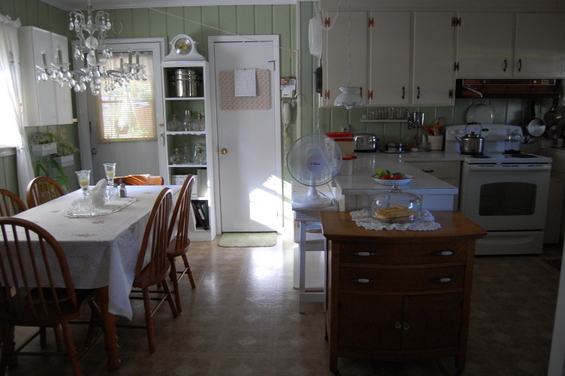
We all live in different types of dwellings, some modest and some fancy. Some of us stay home and some are hardly ever home.
No matter where we live, there is a flow that is going on every day. A money flow, an electricity flow, a water flow, a food flow and more.
Things are flowing in and out and some people never stop to think about how much they are in control of the outcome of that flow which affects our budget.
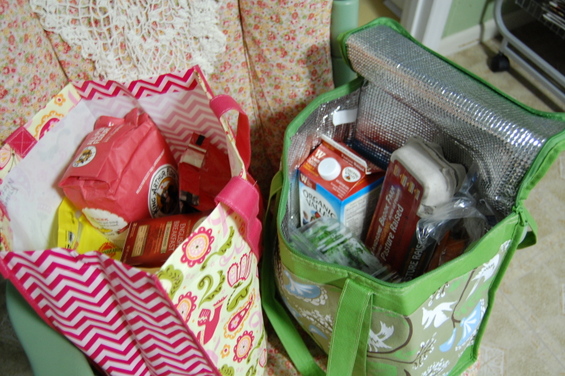
We run to the grocer store to pick up items we "need" or we decide to go get fast food. If we break down this simple grocery run we find that there are many things to consider. Do we meal plan and shop with a list so that trip to the store will last and we don't have to make another unnecessary trip? It takes money to make that trip, gasoline and wear on our automobile or bus fare depending on our transportation. Did we buy the correct amount so we do not waste?
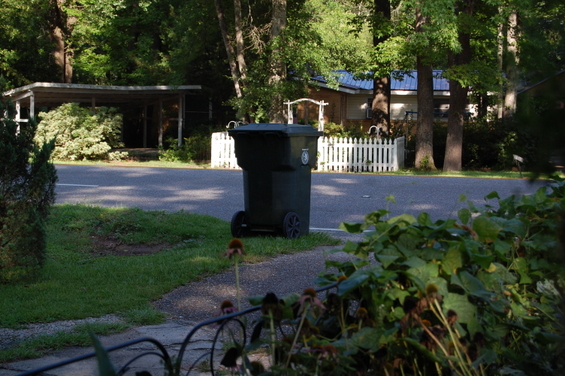
We make a large impact on our landfills by what we buy and discard. Fees will continue to rise as we run out of land to fill. We can affect the flow by proper planning. Food packaging, take out containers, disposable products (especially baby diapers) are constantly flowing to the landfills. We all should make some kind of effort to slow the flow.
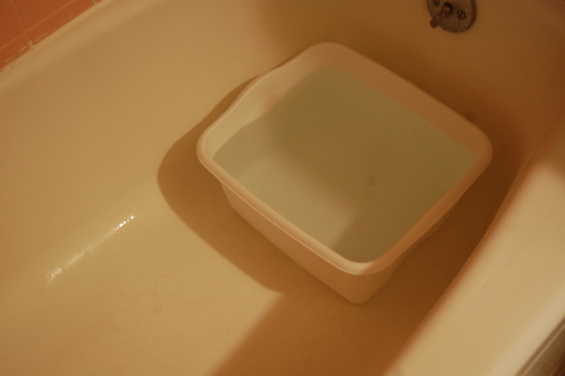
Water is critical for all of us. Everything living needs water. Even if we are not in a drought we should conserve our water. Do will fill our bathtubs, take longs showers or take a bucket bath? That again is our decision. Our water has a fee, when we turn on the faucet they charge us for the amount metered. They charge a double fee for the same water coming in to go out to the sewer, even if all of that water does not leave. We pay for it three times. Do we run our hot water tanks all day and night even though we only need that hot water when we bathe, wash dishes or wash especially soiled clothes. It pays to conserve.
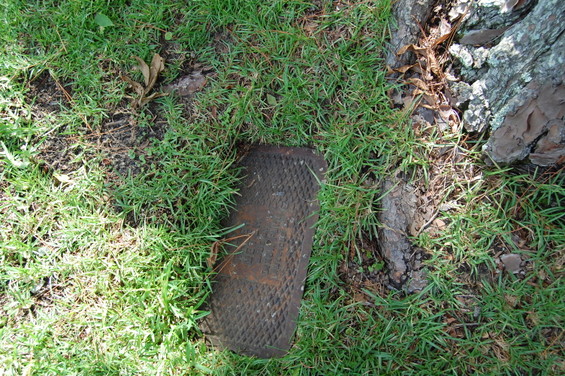
My husband reads our water meter every day. That way if there is a problem we know it right away. It also keeps us reminded how we are doing on our water use.
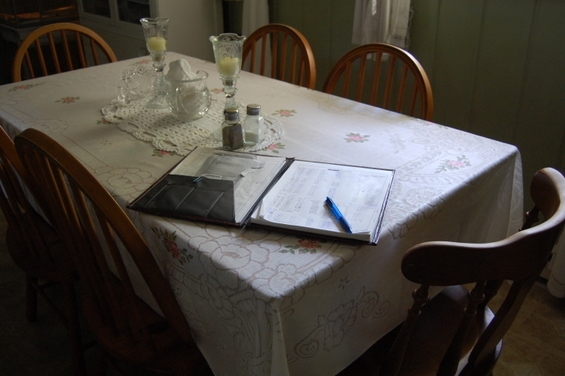
We keep a journal and it includes our water reading, our electric reading, the humidity and morning temperature. The humidity here in the summer effects our electric bill greatly. We use much more power during high heat high humidity than low humidity high heat. By reading the meter and posting it we can tally the use daily. This helps us to set conservation goals and keeps our utility bill down.
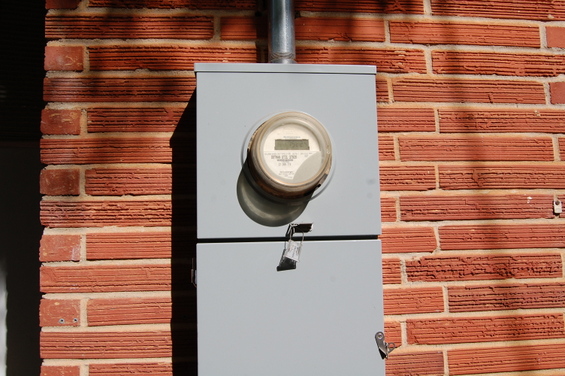
It is just a matter of stepping out back and reading the numbers and logging the morning readings.
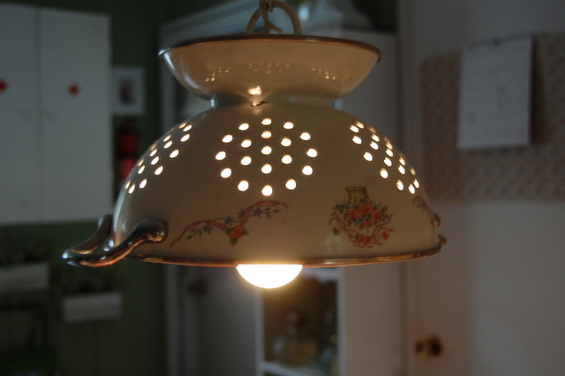
We try to keep things from flowing in rapidly. Even that small lightbulb will keep the meter turning. The television, radio, computer, heating and cooling, refrigerator, dishwasher, washing machine, vacuum cleaner, hair dryer. It all adds up.
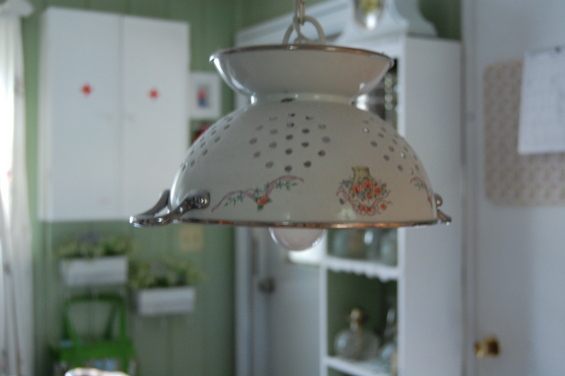
As soon as the sun is up we rely on light coming through the windows. Many people just do not think about turning things off. It does make a difference.
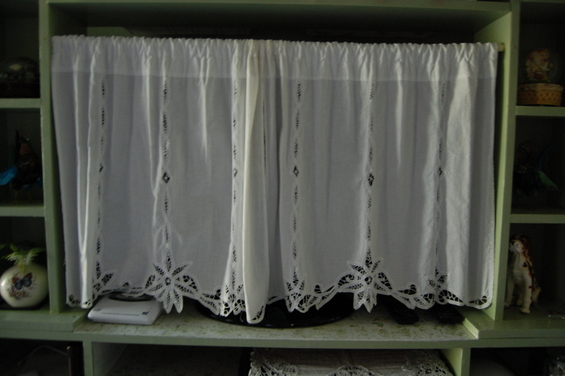
This is our television. We have a curtain over it and we use it very little.
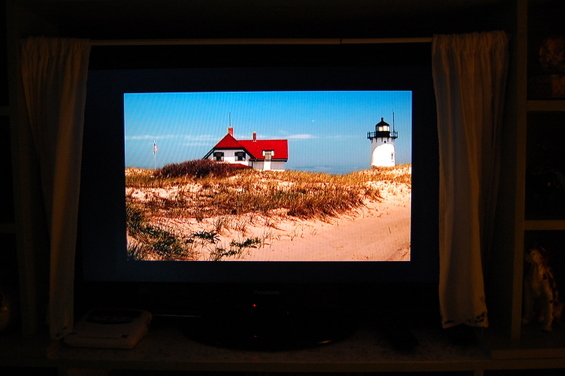
On Friday nights we have a movie night and watch a DVD for a treat. This movie is called,The Lightkeepers.
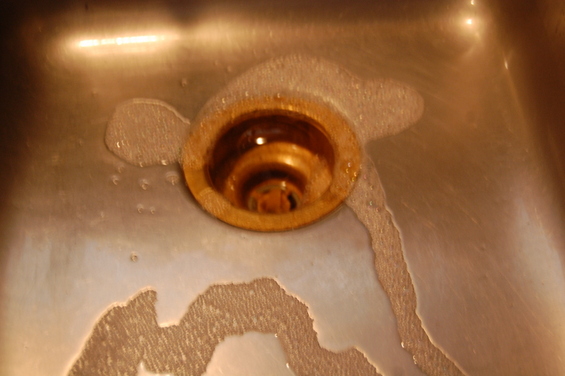
Back to the subject of water. There are many good uses for grey water. Grey water is water that has been used for bathing, washing dishes, washing clothes etc. Basically it is water that has been used for most anything other than toilet. Using grey water reduces the need for fresh water. It takes effort to conserve and reuse but it truly is necessary so we do not waste water.
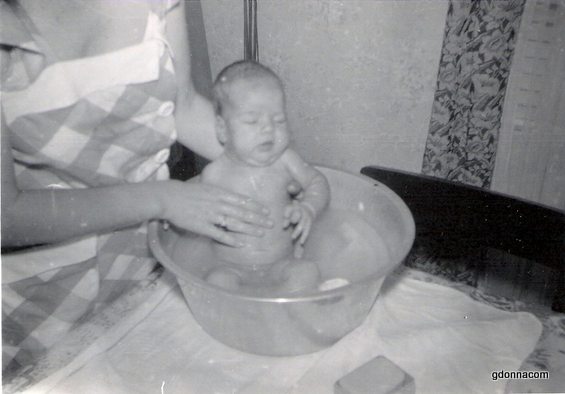
Remember the old saying, don't throw the baby out with the bath water? In the past people knew that used water had other purposes. My mother watered her roses with bath water. I had a flower bed.
There are many good articles about using grey water. We can flush our toilets with water we use to wash our hair or dish water instead of good drinking water to flush our toilets. This can be an excellent family project how to figure out ways to use your grey water.
If you use earth friendly soaps then you can use the grey water to water trees, bushes and other plants. We use rain water and city water for our vegetables but grey water is a big help for other things.
We are still working on ways to conserve water. One way is we are building an outdoor bathing and laundry area. We will have more control on our grey water as well as our incoming fresh water.
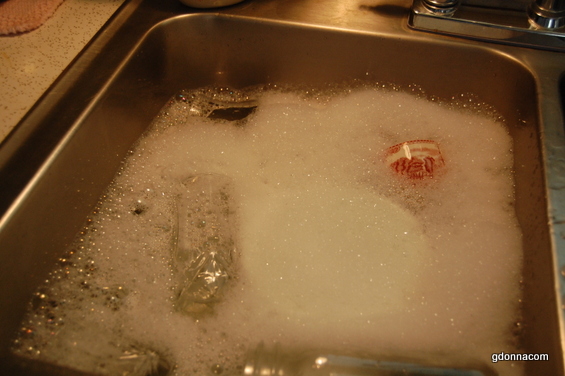
There is a lot of debate about hand washing dishes verses using a dishwasher.
The dishwasher may use less water BUT, it also uses electricity to wash and dry the dishes. It uses a different more expensive soap. Many people end up washing their pots and pans and other large items because they will not fit in the dishwasher and I normally wash my pots and pans after washing the glasses, cups, plates using the same dishwater. So again, there is a lot to consider when trying to slow the flow. We need to consider everything. The key to washing dishes with less water is cleaning the food off the plates, pots and pans before washing them. Use a rubber spatula to scrape the food off the plates and out of the pots and pans. Also use old newspaper or packaging if needed.
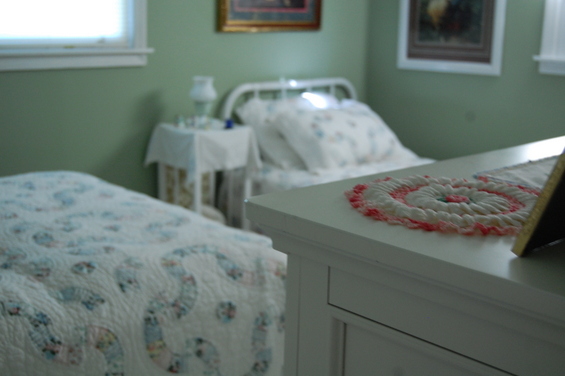
When we open our blinds and pull back our curtains we let the sun naturally light our rooms. We should try and arrange our furniture to where we can open our windows easily to air our homes and enjoy those days that are cool so we don't have to rely on constant heating and cooling. Even as hot as it has been here lately, early morning with the windows up and the fans on if there is not breeze will save us several hours of running air conditioning.
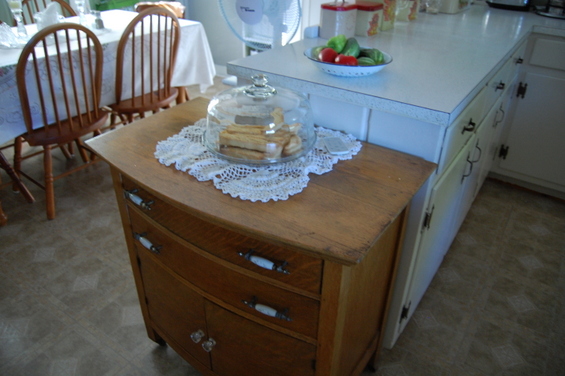 Another way to conserve the flow is making our food homemade. On the dry sink here picture above we have a dish of Biscotti. This give us something to snack on during the day. It could be most anything in the dish but today it is Biscotti. If we keep something in the home to nibble on it saves us from buying processed food snacks. Less packaging coming into the house and money savings at the grocery store.
Another way to conserve the flow is making our food homemade. On the dry sink here picture above we have a dish of Biscotti. This give us something to snack on during the day. It could be most anything in the dish but today it is Biscotti. If we keep something in the home to nibble on it saves us from buying processed food snacks. Less packaging coming into the house and money savings at the grocery store.
There are endless ways to slow the flow. It is truly up to each of us to manage that flow.
I hope this gives you some ideas for saving. Grandma Donna


